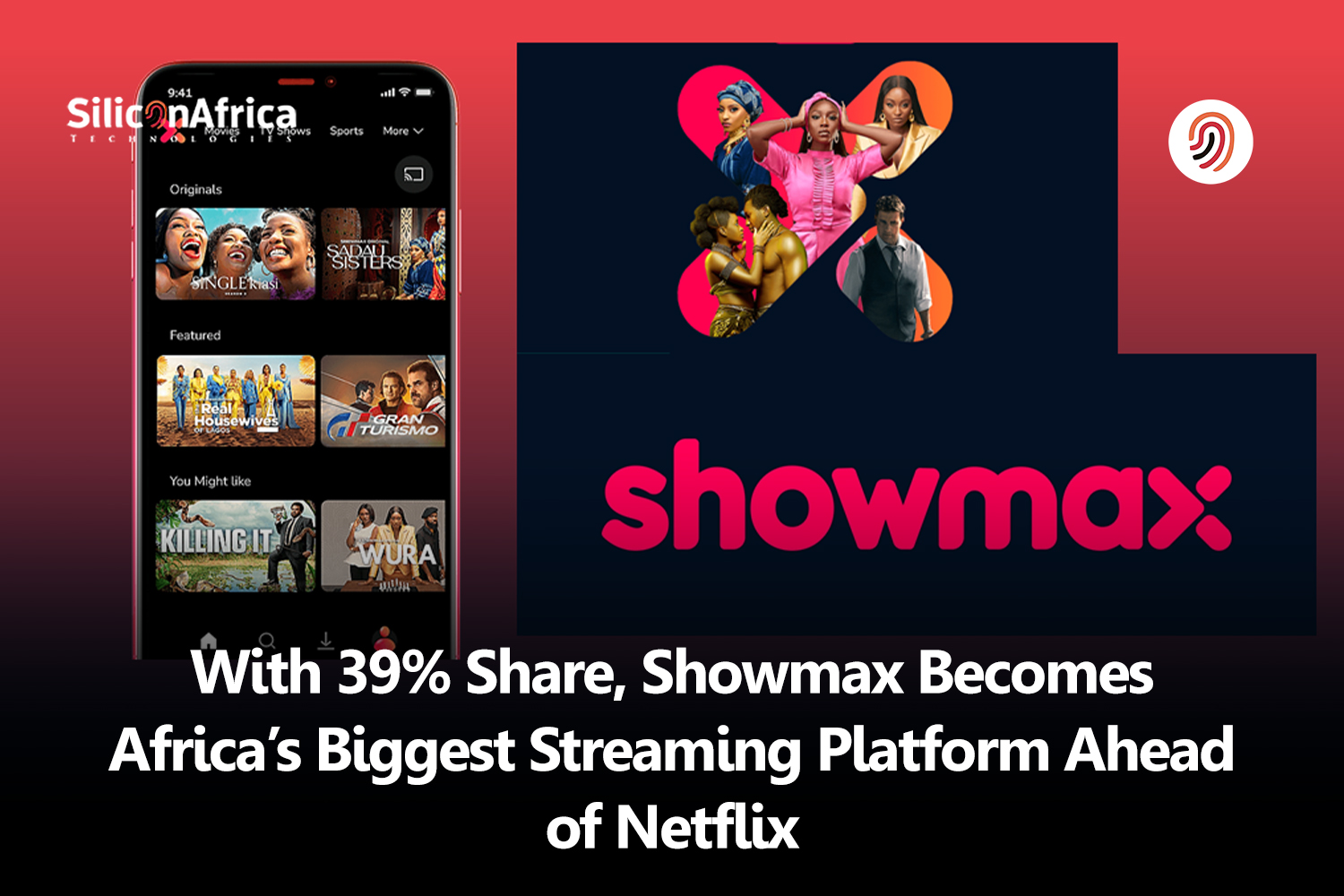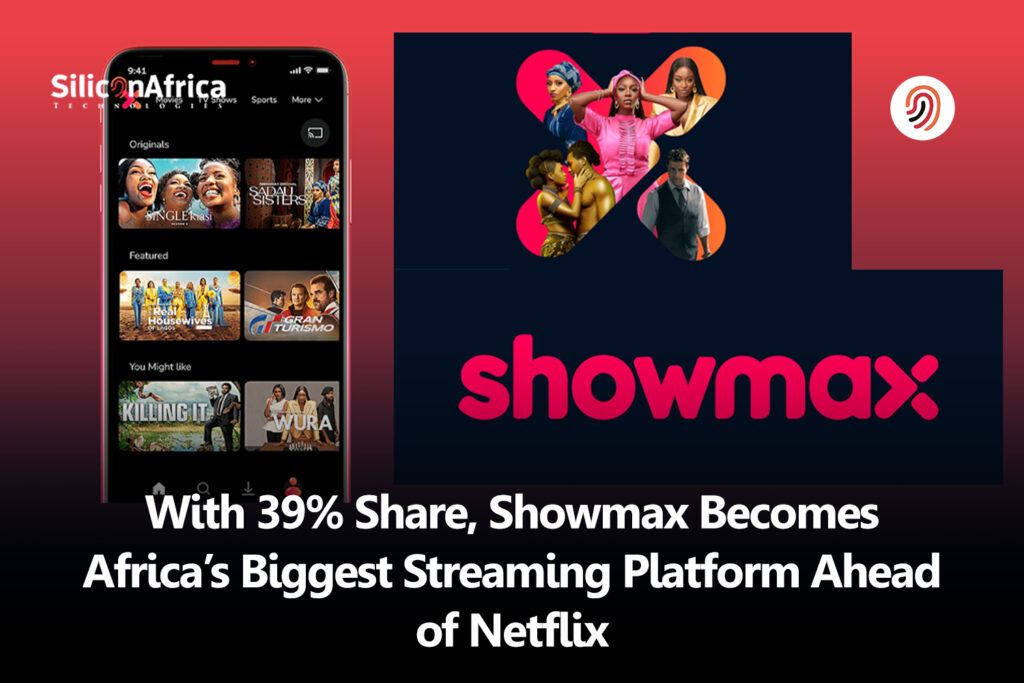Newsletter Subscribe
Enter your email address below and subscribe to our newsletter

Africa’s biggest streaming platform is now Showmax, an online subscription video-on-demand (SVOD) service, surpassing Netflix. This was disclosed in an Omdia Research report.
The report claims that Showmax grew its market share in Africa to 39% as of November of last year. Compared to Netflix, which held a 33.5 percent market share in Africa, this was significantly higher.

The two companies have been treating subscribers to local content programming. Meanwhile, Showmax’s efforts appear to be yielding more viewership, which in turn has seen it take the lead.
Data available shows the Multichoice-owned company has 2.1 million subscribers, while Netflix has 1.8 million subscribers.
The company stood out among competitors due to its deep understanding of local preferences and a carefully curated mix of content suited to African interests.
Showmax has partnered with HBO and Comcast to bring high-quality, international English-language content to its viewers and has developed strong relations with local creators in African countries.
The platform offers a specific subscription plan for the English Premier League, which it also has streaming rights to.
According to a survey, users in South Africa and Nigeria who use Showmax prefer the platform over others because of its wide variety of both local and foreign content.
Showmax is similar to watching Nigerian TV without a TV, human resources manager Diseye Amy Naassin of Lagos said in an interview. “I enjoy watching reality TV series on Showmax, such as Big Brother Naija and The Real Housewives.
The HBO series on the platform was enjoyable as well. Award-winning original series on Showmax include Donkerbos and Tali’s Johannesburg Diary. A few users expressed their satisfaction with the Showmax app’s user experience. It leaves customers wanting more.
In 2016, Netflix swiftly gained a few hundred thousand subscribers in Africa, forcing established players—including MultiChoice, the market leader—to prepare for increased competition.
The market has grown slowly despite the arrival of Amazon Prime Video and, more recently, NBC Universal’s Peacock on the continent. This is because households on the continent still struggle with high broadband costs, stable internet, and low income.
Due to a decision made in the first quarter of the year to lower prices in select markets, the platform—which is seeing a decline in subscriber growth in more developed markets like the US—is expanding in Africa.
The streaming platform’s revenue has grown by 13.7% due to the 6.8% increase in subscribers, and it is expected to surpass $135 million by 2022.
One factor impeding Netflix’s subscriber growth, according to Omdia, is the low acceptance of credit and debit cards in many areas, which has an impact on how Africans pay for the streaming service.